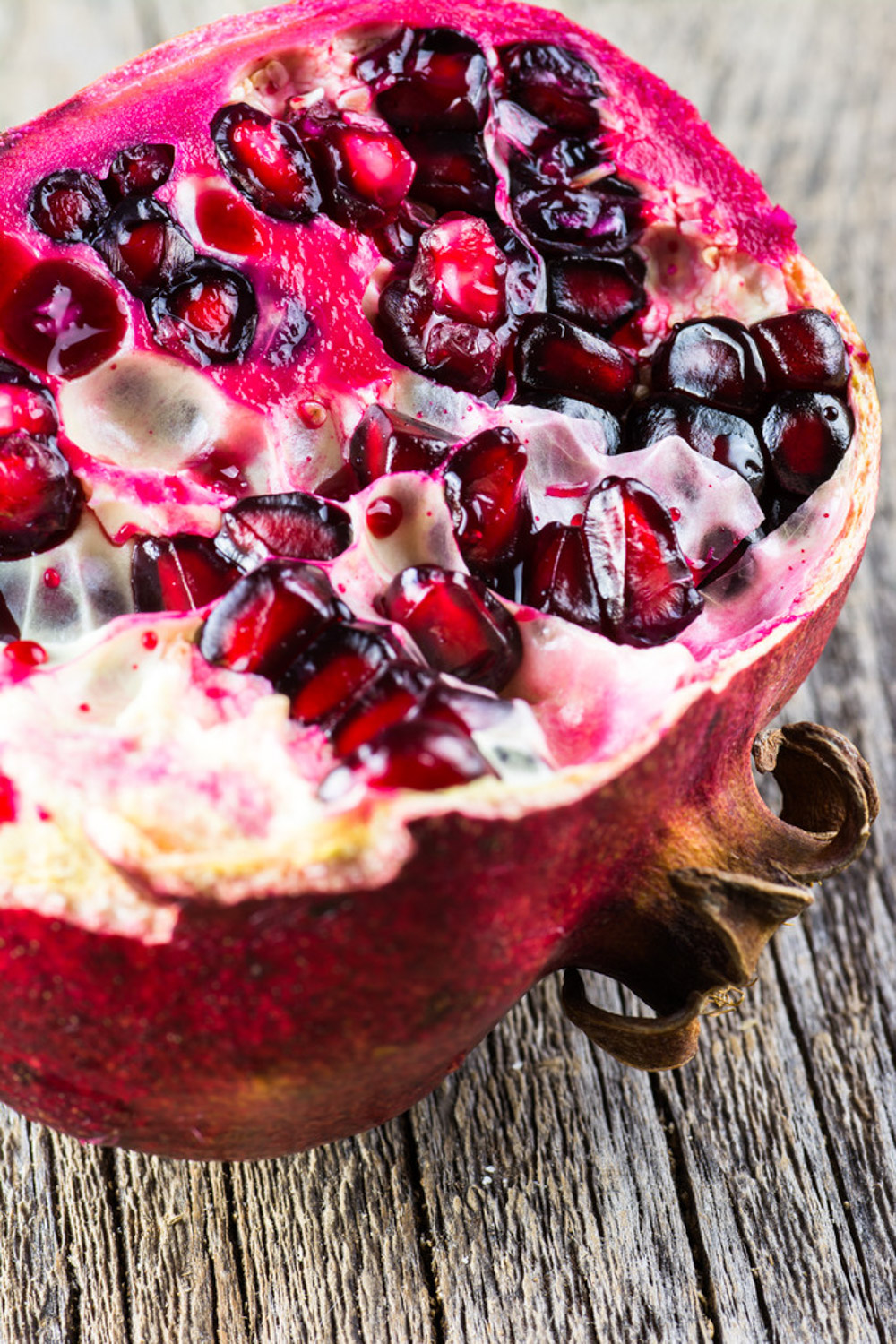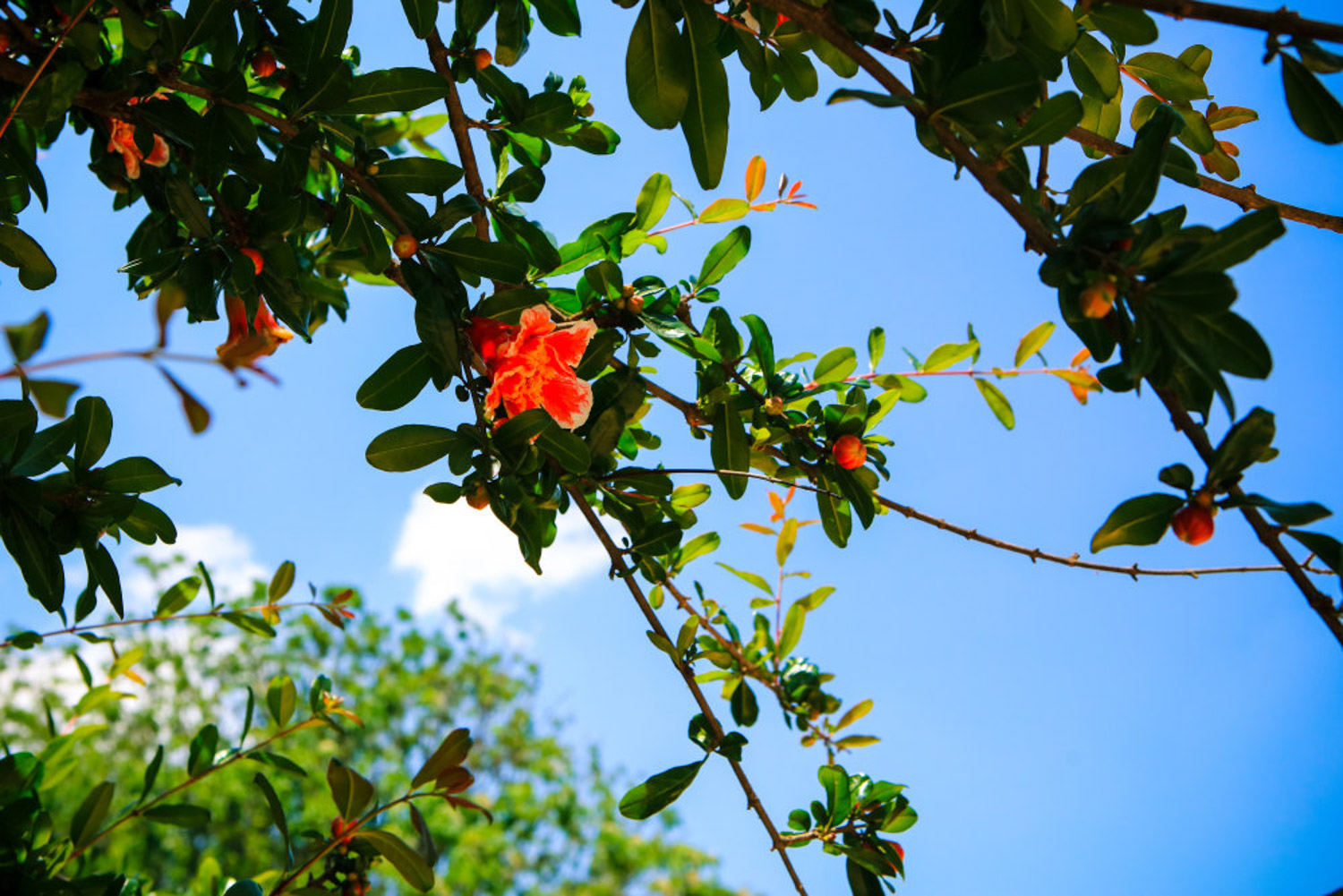Turning Basin
Turn the pot every 1 ~ 2 years. The seedlings should be replaced with a larger pot to provide enough space for their growth, and the old pile can retain the original pot. When turning the pot, remove half of the old soil, add new soil, and cut off the old roots or fibrous roots to promote the growth of new roots. Adding enough rotten fertilizer to the soil to increase the content of phosphorus and potassium fertilizer is more beneficial to flowering
If you don't turn the basin for a long time, there will be more fibrous roots in the basin, less nutrients in the soil, less flowering or even no flowering
Fertilization
Pomegranate is more fertile than ordinary flowers. In addition to applying enough base fertilizer when turning the pot, pay attention to increasing phosphate fertilizer in the growing season, and apply 0.2% potassium dihydrogen phosphate several times. The selected fertilizer is preferably liquid fertilizer, which is conducive to the rapid absorption of plants

Illumination and watering
If you want pomegranates to blossom more, you should ensure sufficient sunshine and water during the pregnant bud period of pomegranates, but try to ensure that the basin soil is dry. During the curing process, the leaves will be slightly wilted. First put the pomegranate in the shade for about 30 minutes. After the temperature of the pot soil and pomegranate plant is reduced, spray water on the leaf surface, and then water the pot after a moment. Repeat several times, and flower buds will appear in about 25 days
Pollination
When the weather is sunny, the pomegranate flowers should be kept in a sunny place. If it rains, the pomegranate flowers should be kept out of the sun. Pomegranate flowers can be divided into male and female flowers. The front end of male flowers is larger and the front end of female flowers is smaller. In order to improve the green result, artificial pollination can be carried out: gently click on the pistil with a brush, and then gently click on the pistil with a brush for several times and repeat several times to assist in pollination. The best pollination time is in the morning, and the hot weather at noon is unfavorable to its pollination

Sparse branch
Pomegranates should be pruned once after falling leaves or before spring. If there are too many flower buds, some of them should be cut off in time. As a result, unwanted fruits will be cut off according to the shape. The layout is scattered, which can not only enhance the overall beauty, but also promote the results

 how many times do yo...
how many times do yo... how many planted tre...
how many planted tre... how many pine trees ...
how many pine trees ... how many pecan trees...
how many pecan trees... how many plants comp...
how many plants comp... how many plants can ...
how many plants can ... how many plants and ...
how many plants and ... how many pepper plan...
how many pepper plan...






























